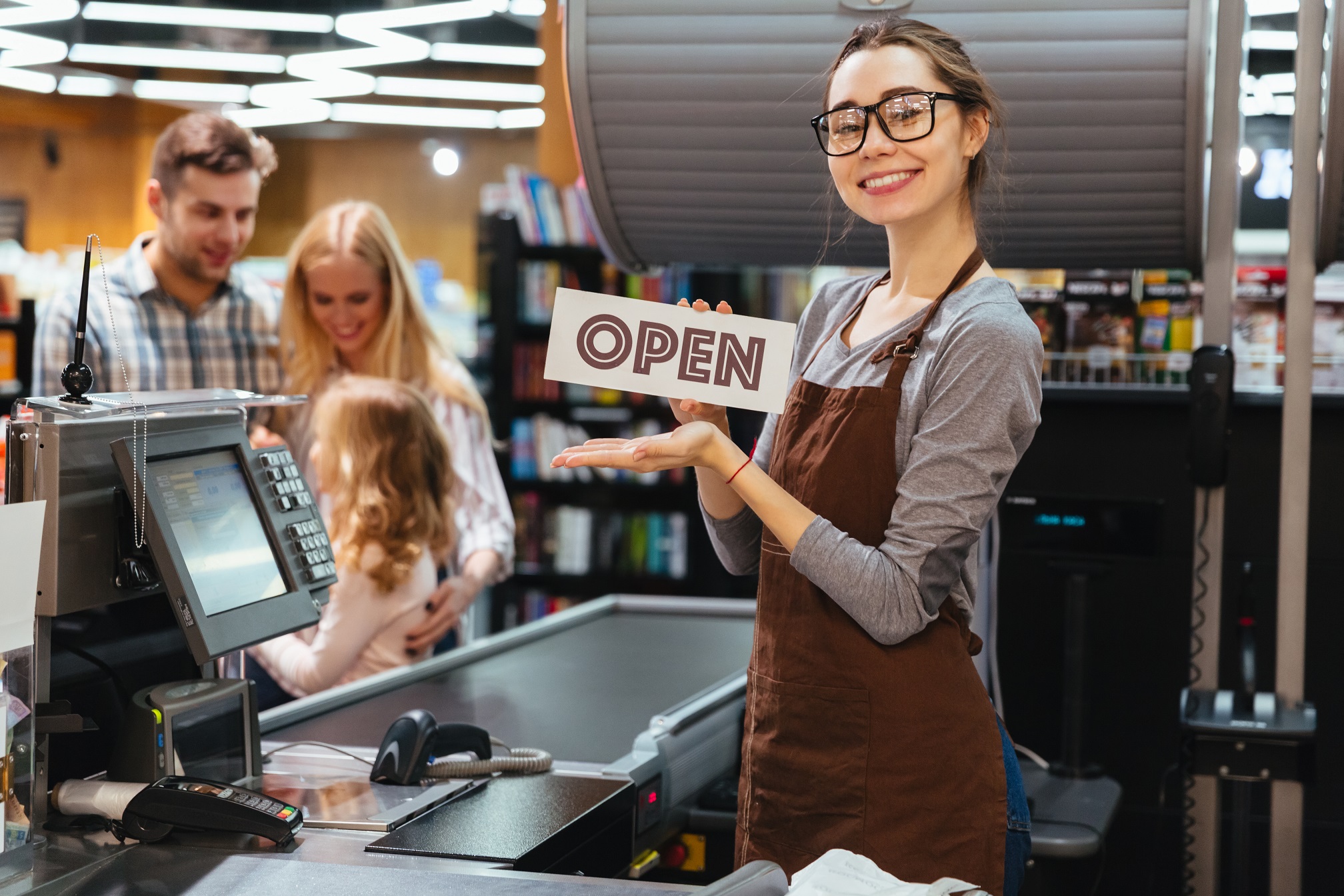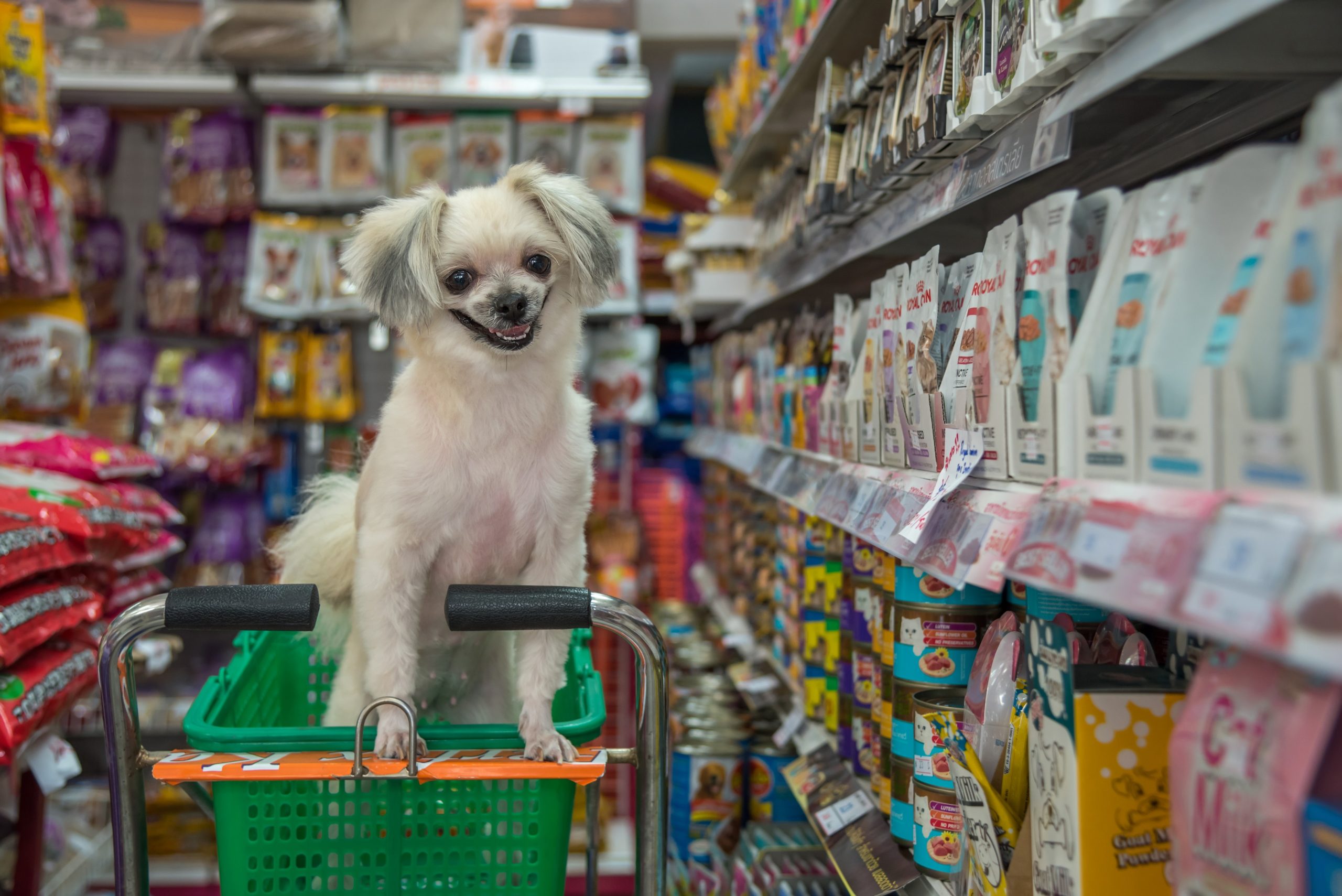Sustainable Options: Drive Awareness to Importance of Recycling
Glenn Polyn //October 1, 2022//
Did you know that over 90 percent of consumers say that recycling is important, yet less than a third of waste gets recycled? People, in general, want to help the Earth and make life sustainable for generations to come. Our legacy is the land, resources, plants and animals for our children and future generations. However, there is a lot of confusion about sustainability and recycling.
We’ve had discussions at the office at McKernan Packaging Clearing House about sustainability and recycling, which has resulted in the following thoughts:
The EPA claims sustainability is based on a simple principle: “Everything that we need for our survival and well-being depends, either directly or indirectly, on our natural environment. To pursue sustainability is to create and maintain the conditions under which humans and nature can exist in productive harmony to support present and future generations.”
Merriam-Webster defines “sustainable” as “of, relating to, or being a method of harvesting or using a resource so that the resource is not depleted or permanently damaged”
In 1987, the United Nations Brundtland Commission defined sustainability as “meeting the needs of the present without compromising the ability of future generations to meet their own needs.”
How does this relate to the packaging industry?
Plastic packaging has gotten a bad reputation for polluting our oceans and filling up landfills. However, PET bottles and jars are popular options for packaging, especially in the pet industry, due to their lightweight and durable design. PET is readily available, inexpensive to produce and meets food grade standards making it the dominant material in the packaging industry. PET is 100 percent recyclable, but only about 29 percent is recycled. Another popular plastic used in the pet industry is PP, which is the main plastic for closures. This plastic has a much worse recycling rate at less than three percent. Since PET and PP are both widely recyclable, creating sustainable bottles, jars and closures seems easy, as a concept. Unfortunately, the problem is the ability and knowledge of consumers about recycling or sustainability.
A more sustainable option in the packaging industry is to create PCR, or Post Consumer Resin, which can be made into bottles, jars, carpet, automotive parts and clothing. In the past, one problem with PCR was the ability to get a good quality product. Previously, PET PCR bottles did not stack up to the quality and clarity of virgin PET bottles. McKernan sought manufacturers who could create top quality PCR packaging. In order to do this, we found it is best to start with a stream of recyclable material that is significantly free of contaminants, and that the processing facility has been inspected and certified. McKernan’s PCR is sourced from facilities that can produce the desired quality and are certified by Global Recycling Standard. Technology has come a long way and PCR packaging now compares very favorably to packaging made from virgin resins. In fact, when starting with the high-quality PET PCR, these recycled bottles and jars share many similar properties as virgin PET.
To continue to drive more awareness of the importance of recycling, McKernan will be carrying a line of top-quality 100 percent PET PCR bottles and jars, and 50 percent PP PCR dispensing caps in our King line, in stock and ready to ship. We will have many other PCR options available for special order.
Along with these PCR packaging options, we want to educate consumers and businesses alike on other sustainable options in the packaging industry, including McKernan’s Precycle program. Here’s a little history on our Precycle program. Over 63 years ago, Ed McKernan started The E.J. McKernan Co. by representing manufacturers in the aerosol industry. In the first eight years, McKernan saw surplus and overstock bottles, jars, closures, components and equipment go to waste. He created an opportunity to take this excess packaging that was headed for a landfill and decided to purchase the first quality, unused packaging and resell it at a discounted price. This concept is very similar to stores like TJ Maxx, Ross or HomeGoods who take last season styles or overstock clothing and home furnishings and sell them at a reduced price. In 1967, Mr. McKernan began the Clearing House division of McKernan Packaging and unbeknownst to him, he was a true pioneer in the “green” movement. Years later, he coined the phrase Precycle, which means pre-consumer recycling to explain this business model. This program is perfect for small businesses, startups or established packaging companies who need a quick supply for a new product. Plus, it gives new life to packaging components that may have been headed to a landfill instead. Our motto is “Precycle First, Then Recycle.”
McKernan Packaging Clearing House has led the way in the green movement with our Precycle program. Now, we are enhancing our sustainability efforts with a full line of PCR bottles, jars and closures.
Jim Lemmons is the general manager of McKernan Packaging Clearing House. For over 63 years, McKernan has been supplying the pet industry with quality packaging components at low minimums and great discount pricing.



















